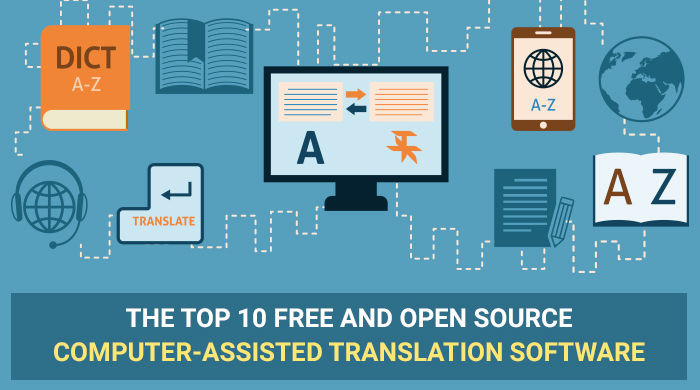Computer Translations Tend to be Pretty Sloppy
Have you ever encountered a term or phrase in a different language and then looked it up online to translate it? Did you spend the time to translate it back to English only to find that it was virtually gibberish in the process? This occurs as a result of how poorly computers translate. Computer translators are at best simplistic and at worst ineffective because translation software is notoriously lousy at understanding linguistic context and other subtleties.
Machines are unable to understand things like slang, cultural context, proper names, and more. Think of an example like the word "set." Guinness claims that one word could have over 430 different meanings. It's difficult for a machine to determine how something would be employed in a particular translation without context cues.
Even highly sophisticated machines translate idioms literally in the majority of cases. With AI translators, this can be an issue because even a single word can change the tone of an entire sentence. Even if you read fiction, you want the tale and aren't just attempting to verify fundamental facts; you may get the spirit of the work, but that's not always what you want.












